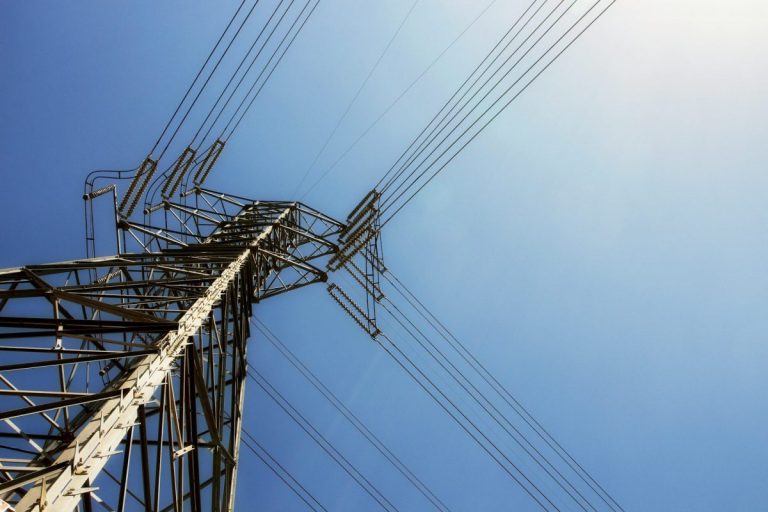Rural America Deserves Dependable Broadband, Not Billionaire Handouts
Nearly a century ago, President Franklin Delano Roosevelt led a campaign of bold investment to electrify rural America. Until recently, we were on track to do the same for broadband internet in this century.
Before President Trump’s second term, our country was on the cusp of a breakthrough.
Billions in federal funding was set to deliver reliable high-speed internet service to every corner of America. Instead, the Trump administration has turned its back on millions of Americans, prioritizing profits for billionaire backers over the needs of families, students, and small businesses.
Earlier this year, Commerce Secretary Howard Lutnick derailed the $42.5 Broadband Equity, Access, and Deployment Program (BEAD) when he upended the rules for it after all states had run extensive selection processes — and several had already submitted their final proposals.















